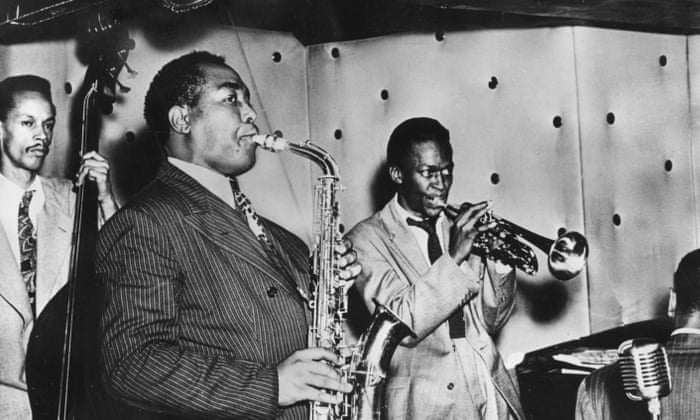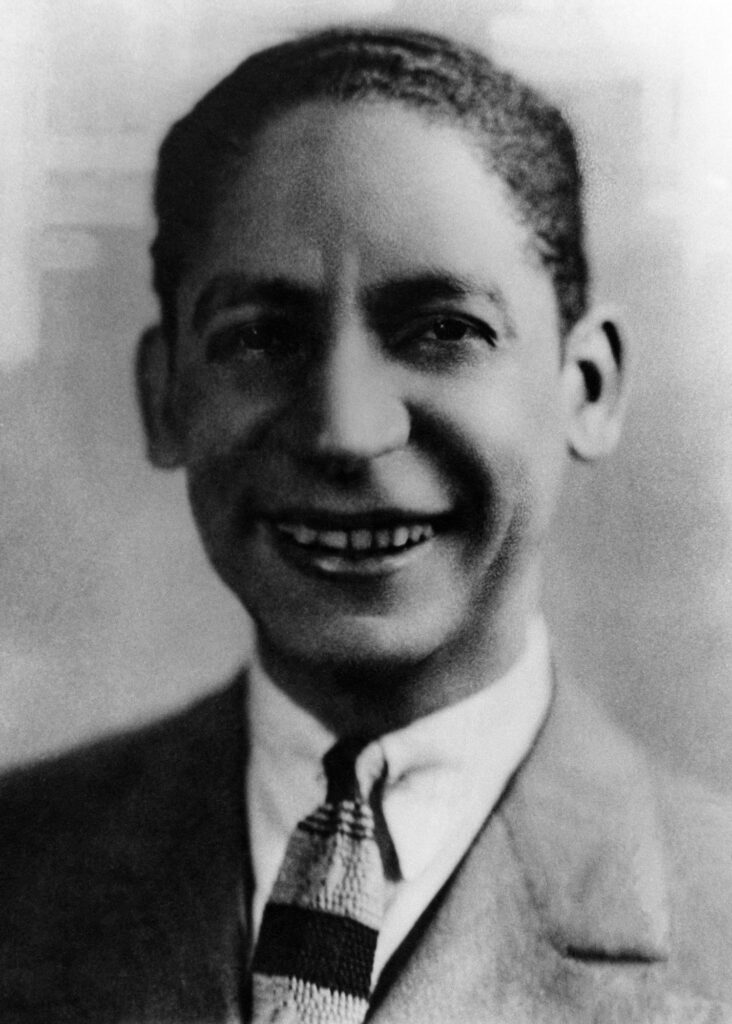"JAZZ WASHES AWAY THE DUST OF EVERYDAY LIFE." - Art Blakely

AN INTRODUCTION IN JAZZ.....
Jazz originated in New Orleans, Louisiana, and is widely regarded as the pinnacle of African American music. The originality of Jazz music and its deviation from the traditional sounds of trumps and saxophones is what makes the genre itself extremely unique and prized within the black community.
A Complicated Question...Who Created Jazz?

When it comes to music genres it is hard to say “who” created “what” but jazz has at least one creator that is agreed upon, Buddy Bolden. Buddy was born in 1877 the year after reconstruction ended and by 1946, he was one of the best Jazz players in New Orleans. It should also be noted that he led New Orlean’s first jazz band. Unfortunately, like most artists and those with creative minds, they become solely obsessed with the idea that one day someone could outperform their art, and soon they will be forgotten about. Due to this fear, Buddy was a heavy drinker and ended up spending the rest of his life in Louisanna State Asylum.
There is also another man (although self-credited) with the creation of math, Jelly Roll Morton. Though he didn’t play a brass instrument like Bolden, his piano playing would have been similar to ragtime if it wasn’t for the change in beats. Like Jazz, Morton played in a four-beat syncopation. He grew up in Storyville where he heard a lot of ragtime piano which is believed to have influenced him.

The Different Era's of Jazz
Trad Jazz - Traditional Jazz
Swing (1935-Mid 1940s)
Traditional Jazz otherwise known as New Orleans Jazz is known as the original sound of Jazz. This sound is mostly heard from Buddy Bolden, Jelly Roll Morton, and Joe “King” Oliver to name a few.
The swing era is credited to have begun with artist such as Benny Goodman, Tommy Dorsey, Count Basie and Duke Ellington. Swing itself is referenced to the performing style that most jazz muscians would use, in which the artist would literally “swing” the note when they play.
Bebop (Late 1940s-1950s)
Cool Jazz (Late 1950s)
Bebop came during the time period of World War Two and at a time the black community was going through a transition. Black jazz muscian, becoming bored with the repetitive style of swing, started a new sound. The bebop sound used the higher chords of the melody and was fast in tempo and rythm.
Cool Jazz can be credited to the Miles Davis, who popularized the improvisational style. Cool jazz emphasized a more melodic style and unfortunately due to this soft and more melodic sound, it was designated as “white music.” Cool jazz wanted to explore the muscial ideals and theories that most artist want to discuss.
Free Jazz (1960s)
Jazz Fusion (1970s)
Free Jazz was different than its predecessors. While trad jazz, bebop, swing and cool jazz had a type of structure, Free jazz does not. Originating in New York from a musician named Ornette Coleman, his choise to abandom the chorus strcture and fixed harmonies made quite a controversy within the Jazz community. Free jazz pushed for artist to improvise as they play, moreso than cool jazz.
Fusion Jazz exemplfied the sound of the times. This style mixed Jazz with the popular genre Funk and sometimes rock. Herbie Hancock Headhunters is an amazing example of Fusion jazz. Keeping the traditional sound but also blending in the music of the times to appeal to the modern audience.
Solo Jazz
In Jazz most of the time people in the genre play within a group. In the 1930s we began, not only to see swing jazz but as well as Solo jazz. Solo jazz would have the lead, often times the trumpet player would break away from playing and start singing. This was often seen with Louis Armstrong.
CONCLUSION
Jazz has gone through many different sounds, but one thing that never changes is the community in which creates said sounds. Jazz can confidently be said to be a black sound, created by African Americans in a prodominately African American community it always has an appeal to audiences no matter what the decade.


